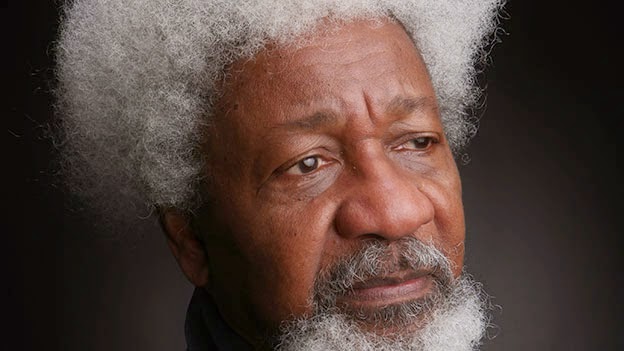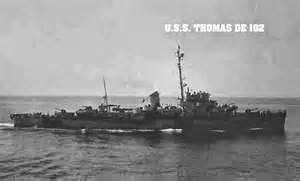30 April 1945 A.D. BERLIN: Hitler swallows cyanide capsule and then shoots himself with revolver—his 1000-year reign ends Editors. “ 1945 – Der Fuhrer, Adolf Hitler, dictator of Germany, burrowed away in a refurbished air-raid shelter, consumes a cyanide capsule, then shoots himself with a pistol .” This Day in U.S. Military History. N.d. https://thisdayinusmilhist.wordpress.com/2014/04/30/april-30/ . Accessed 29 Apr 2015. 1945 – Der Fuhrer, Adolf Hitler, dictator of Germany, burrowed away in a refurbished air-raid shelter, consumes a cyanide capsule, then shoots himself with a pistol, on this day in 1945, as his “1,000-year” Reich collapses above him. Hitler had repaired to his bunker on January 16, after deciding to remain in Berlin for the last great siege of the war. Fifty-five feet under the chancellery (Hitler’s headquarters as chancellor), the shelter contained 18 small rooms and was fully self-sufficient, with its own water and electrical supply. He left only rar







